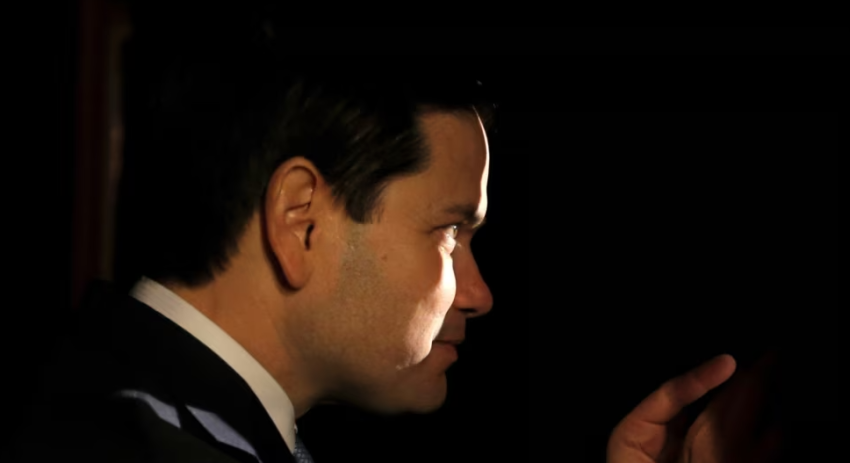President-elect Donald Trump has appointed Republican Senator Marco Rubio to lead U.S. foreign policy during the next four years of his Republican administration. As reported by VOA correspondent Steve Herman, Rubio has represented Florida in the U.S. Senate since 2011 and serves on the Foreign Relations and Intelligence Committees.
Senator Marco Rubio, 53, is the son of Cuban immigrants. If confirmed by the Senate, he will become the first Hispanic Secretary of State. Rubio is known for his strong stance against authoritarian regimes in Cuba, Nicaragua, Venezuela, and China.
“He’s shown determination on various issues, certainly including China,” says analyst Michael O’Hanlon from the Brookings Institution.
Rubio has categorized China alongside Iran, North Korea, and Russia as adversaries of the United States.
Following Russia’s large-scale aggression against Ukraine in 2022, Rubio became a vocal supporter of Kyiv. Recently, however, he has called for negotiations to end the conflict and voted against a $95 billion aid package in April.
“Our goal regarding Ukraine is to support it in a way that doesn’t drain our budget or harm our alliances globally,” Rubio stated.
Senators tasked with confirming Rubio are expected to scrutinize his views on U.S. foreign policy.
“If we were to abandon Ukraine, something Rubio doesn’t advocate, but if Ukraine were to be defeated, it would lead many global allies to question our commitments,” notes analyst Michael O’Hanlon.
Eight years ago, Rubio was one of Trump’s rivals in the Republican presidential race. As head of the State Department, Rubio would be responsible for implementing President-elect Trump’s foreign policy agenda.
VOA spoke with Vilma Petrash, a foreign policy researcher and professor at Miami-Dade College.
“Regardless of expectations, we must remain realistic. The United States will prioritize its own interests over those of the rest of the world,” she remarked.
On the Middle East, Rubio has been a staunch supporter of Israel, aligning with Republican Trump. He has urged Israel to eliminate Hamas in Gaza and has opposed ceasefires, arguing they would allow Hamas—a group designated as a terrorist organization by the U.S.—to regroup.







